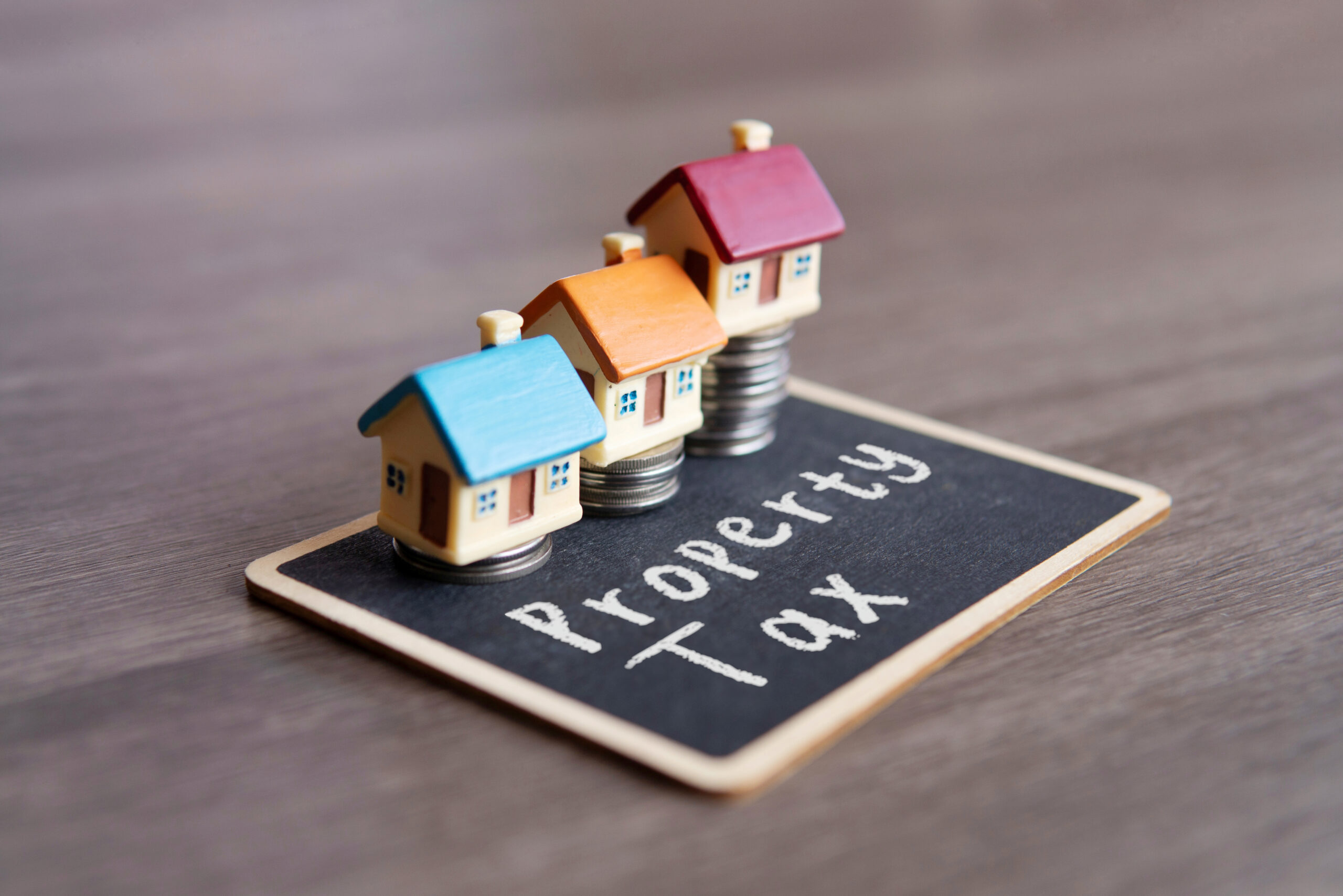Understanding the New York State Transfer Tax
Selling Property in New York? Here’s What You Need to Know About Transfer Tax
What is the New York State Transfer Tax?
The New York State Transfer Tax is a fee on the sale of real property, usually 0.4% of the sale price. For every $100,000, you’ll owe $400. Typically, the seller pays this tax, but it can sometimes be negotiated in the sale agreement. The tax is based on the total consideration, including the purchase price and any additional considerations like assumed mortgages.
Edwin Cordero
Will highly recommend
How Does the Transfer Tax Affect Your Sale?
The Transfer Tax is part of the closing costs and can affect your net proceeds—the money you take home after all expenses. Sellers should factor this tax into their profit calculations and consider how it may influence negotiations with the buyer.
Are There Exemptions or Reductions?
Some transactions, such as transfers to government bodies or certain affordable housing projects, may be exempt from the tax. Additionally, first-time home sellers or specific property types may qualify for reduced rates. It’s important to consult with a real estate attorney or tax professional to see if you qualify.
Tips for Preparing for the Transfer Tax Payment
- Estimate the tax based on your expected sale price.
- Ensure funds are available at closing to cover the tax.
- Discuss the tax with your real estate agent and attorney early in the process.
The New York State Transfer Tax is a key element of selling property in New York. Being prepared can help ensure a smooth transaction and maximize your financial outcome.
Ready to sell your property in New York?
Contact MontanaroLaw today at 516-203-1700 to navigate your real estate transaction with confidence.
